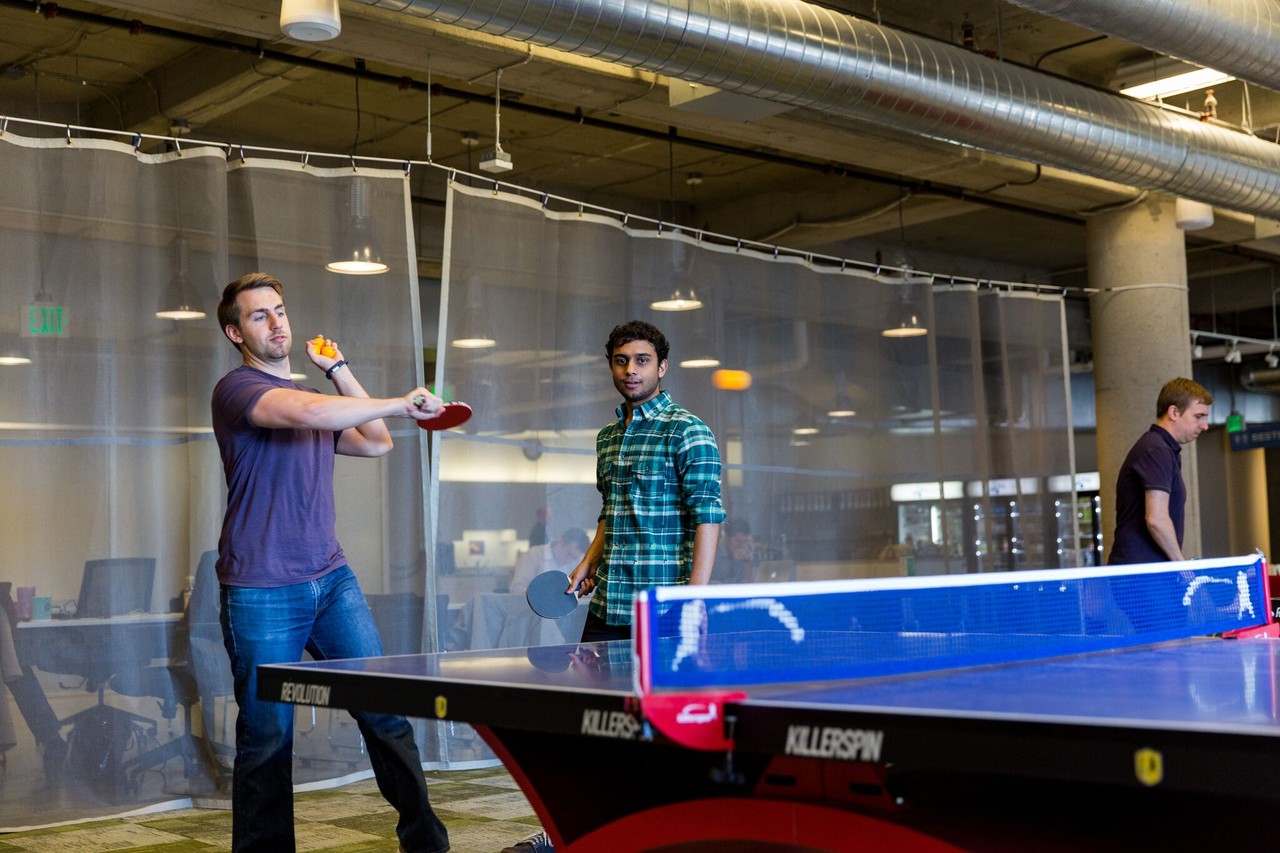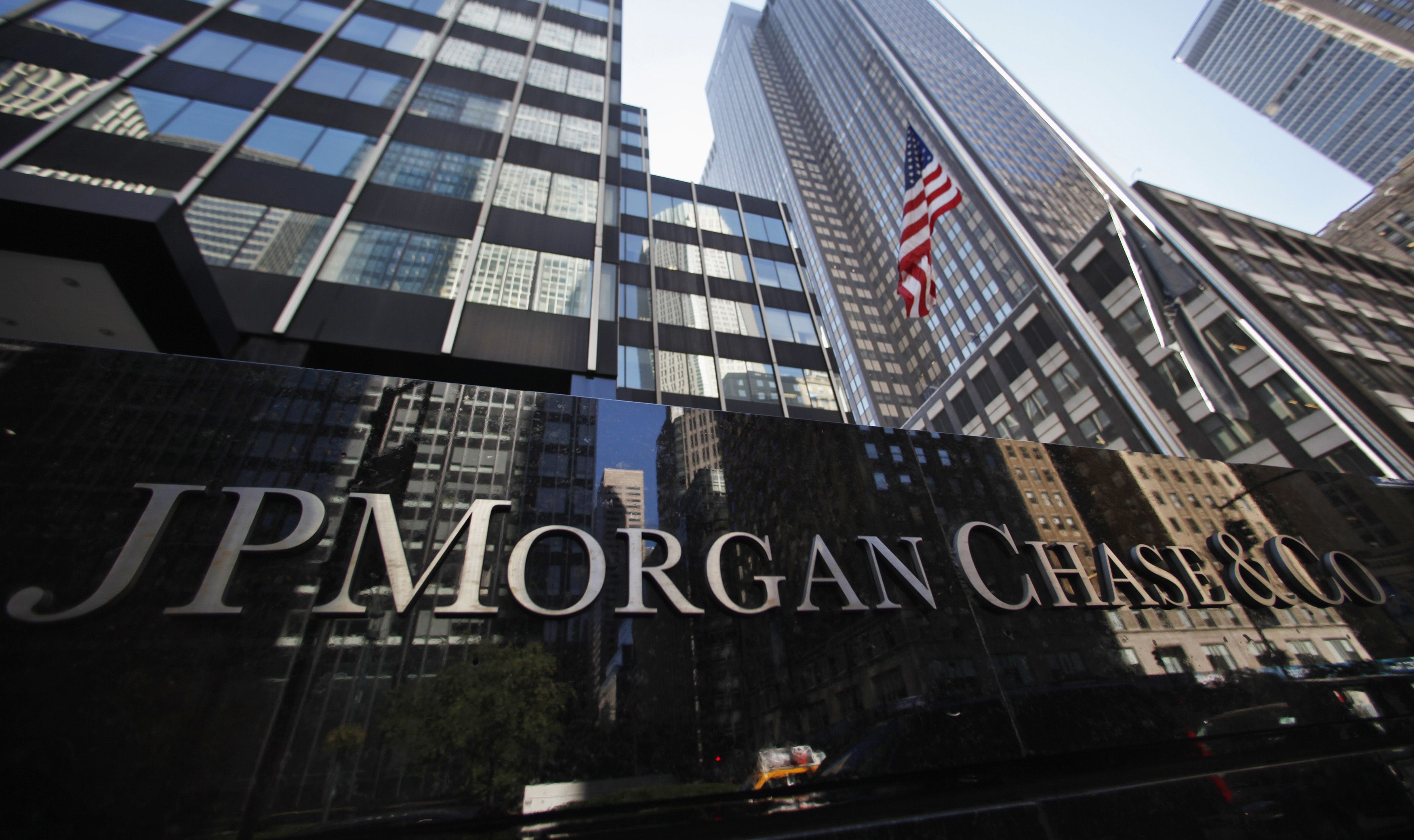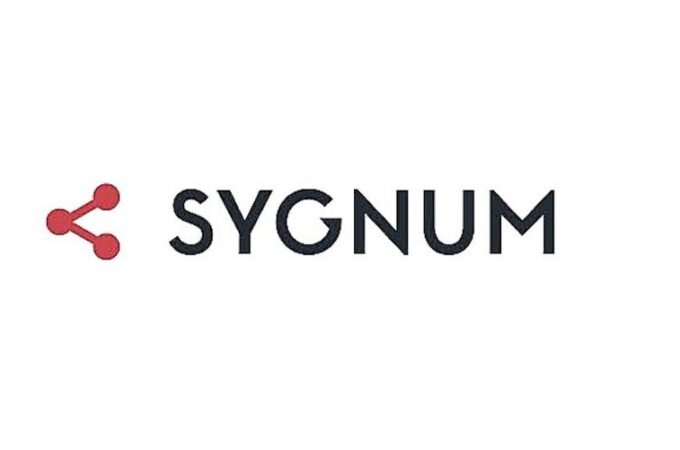
Is the Tech Bubble Popping? Ping Pong Offers an Answer
By Zusha Elinson fo WSJ Venture Capital
Twitter’s gloomy quarterly report last week unsettled investors. They might have anticipated trouble more than a year ago had they noticed one key indicator.
Until late 2014, Twitter was regularly ordering tables from Billiard Wholesale, a store in San Jose, Calif. Then, suddenly, it wasn’t.
The store’s owner, Simon Ng, figured it either ran out of space “or they’re having company problems.”
Twitter Inc.’s slowing user growth has been unsettling analysts, and the company’s revenue growth was unexpectedly weak in last week’s report. Asked why Twitter stopped buying tables, spokesman Jim Prosser says: “I guess we bought really sturdy ones.” Twitter spokeswoman Natalie Miyake says: “Honestly, we’re more of a Pop-A-Shot company now,” referring to an indoor basketball game.
Is the tech bubble popping? Ping pong offers an answer, and the tables are turning.
“Last year, the first quarter was hot” for tables, says Mr. Ng, who thinks sales track the tech economy. Now “there’s a general slowdown.”
In the first quarter of 2016, his table sales to companies fell 50% from the prior quarter. In that period, U.S. startup funding dropped 25%, says Dow Jones VentureSource, which tracks venture financing.

The table-tennis indicator is a peek into Silicon Valley culture, in which the right to play ping pong on the job is sacrosanct.
“If you don’t have a ping-pong table, you’re not a tech company,” saysSunil Rajasekar, chief technology officer at Lithium Technologies, a San Francisco software startup.
FutureAdvisor’s ping-pong table, bought in December, stands near the free-lunch area under exposed concrete ceilings, next to the beer taps near where the San Francisco wealth-management startup’s employees park bicycles.
Joe Fahr, its 30-year-old head of marketing, keeps his $100 Butterfly-brand paddle in a special bag at his desk and brings in his dog Gigi, a Brussels Griffon. He is No. 2 in the internal ping-pong rankings at the startup, recently bought by BlackRock Inc., and says the table is an equalizer that “breaks down the hierarchy.”
“It does make a psychological statement to the founders and employees that we’re not your father’s company,” says Steve Blank,who installed a ping-pong table at the game company he founded and now teaches entrepreneurship at Stanford University and University of California, Berkeley.
“It’s equivalent to ‘we don’t wear suits.’”

Pivotal, a San Francisco software company, has eight tables. It has netted off the area to block errant balls.
The tables aim to give coders a break, says spokesman Michael Lee. “This is an activity thoughtfully selected by our CEO for their benefit for the sake of their corneas.”
Established tech companies deploy tables, too, and ping-pong leagues abound in the Bay Area. The annual SaaS Ping Pong tournament in June, staged at Pivotal, pits teams from “software as a service” providers such as Oracle Corp. and Dropbox Inc.
Venture capitalist Michael Cardamone, the tournament’s co-organizer, approves of young companies buying tables with venture funds.
“You absolutely should,” he says. “It’s part of building culture.”
Table buying “tracks most closely with startups that hit that threshold where they’re taking out office space,” says Russell Hancock, chief executive of think tank Joint Venture Silicon Valley, which follows economic trends. “That’s when you’re going to get your first ping-pong table.”
Table sellers seeing a decline include David Vannatta, sales team leader at Sports Authority in San Francisco. The store was getting a “good flow of tech companies” buying tables, he says, but sales have fallen since Christmas.
Mr. Ng, 38, who drives a Porsche Boxster to work, sells ping-pong, foosball and pool tables from a store wedged between a CrossFit gym and a cabinet shop. His company sales are primarily to tech firms.
In February, when the Nasdaq index fell to its lowest in over a year, he says he sold the fewest ping-pong tables to companies since he started keeping track in 2014. That tech-heavy index includes many more-established companies.
Yahoo? “They haven’t bought stuff in a looong time,” he says, pulling up a picture of a purple foosball table, the last piece he sold to the company. (Yahoo Inc. has been hard hit by shrinking revenue.)
Intel? It stopped buying over a year ago, he says. (Intel Corp. announced 12,000 job cuts last month.)
Google? “Just bought a bunch of stuff.” (Google parent Alphabet Inc.missed Wall Street estimates but posted healthy increases in first-quarter revenue and profits.)
Yahoo spokeswoman Carolyn Clark says while headquarters hasn’t bought a table recently, its offices elsewhere have. “I can assure you that people are still playing ping pong at Yahoo.”
Google spokeswoman Roya Soleimani says ping-pong tables “are part of our real estate and work place services budgets as well.” Intel didn’t respond to inquiries.
Mr. Ng says he definitely wouldn’t invest based on ping-pong sales. “I think it tracks but not predicts it.”
Mark Cannice, a University of San Francisco professor, issues a quarterly index of venture-capitalist confidence. “I put more faith in venture capitalist insights and confidence,” he says, “than I would in ping-pong-table sales.”
“You could probably track Odwalla juices,” says venture capitalist Joseph Floyd, referring to the drink ubiquitous in tech workplaces.
“I thought it was the foosball index,” says Mr. Blank, the startup founder. That table-soccer game, a fixture in the dot-com boom, is still common.
During that boom, which ended in 2000, pool was the popular table. Some say the switch to table tennis shows entrepreneurs now are more practical. The tables are cheaper and double as meeting surfaces.
Ping pong, however, has a downside in a downturn. The tables offer a lousy return for companies selling assets to raise funds or return money to investors and creditors.
Startups pay up to $2,300 for a high-end Butterfly-brand table. Mr. Ng says he won’t buy them back, because nicks make them nearly worthless.
Martin Pichinson, co-president of Sherwood Partners, which auctions failed Silicon Valley firms’ assets, says he can sell pool tables but used ping-pong tables often fetch only $5 or $10.
Sherwood gives them to churches and synagogues. “If the banks want ’em, they can have ’em,” he says.
 Google staff members play ping pong at Google’s offices in New York in 2013. PHOTO:KEITH BEDFORD FOR THE WALL STREET JOURNAL
Google staff members play ping pong at Google’s offices in New York in 2013. PHOTO:KEITH BEDFORD FOR THE WALL STREET JOURNALWrite to Zusha Elinson at zusha.elinson@wsj.com
First appeared at WSJ Venture Capital





